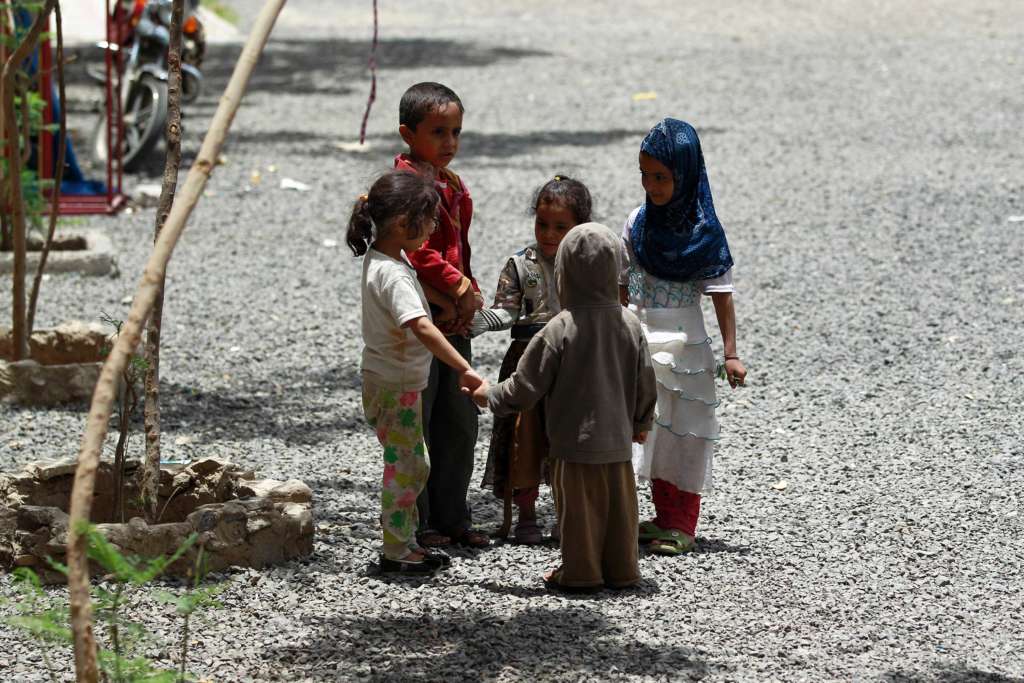Taiz- A UN-backed report on Yemen has found that 60 percent of Yemenis, or 17 million people, are in “crisis” or “emergency” food situations, 20 percent more than in June, saying there was no full-blown famine.
The World Food Program said in a statement on Wednesday that the governorates of Taiz and Hodeidah along the Red Sea risked slipping into famine if they did not receive more aid.
The crisis follows two years of war launched by the Houthis and Saleh’s militias following a coup against the legitimate government, which has caused economic collapse and severely restricted the food and fuel imports on which Yemen depends.
“If humanitarian actors do not access all the people in need by the coming months, the situation may deteriorate dramatically,” the report said.
Taiz and Hodeidah governorates, home to important Yemeni ports, “have the highest rates of global acute malnutrition in the country, ranging from 17 percent in Taiz City to 25 percent in Hodeidah,” the WFP said.
“The emergency threshold set by the World Health Organization is 15 percent,” it added.
The report was written by an expert team using the globally recognized IPC methodology. According to Reuters, the IPC, or Integrated Food Security Phase Classification, is a system of analyzing food security on a five-point scale, where five is “famine”.
The report, drawing on analysis from 69 experts from Yemen’s government and regions, the United Nations and non-governmental institutions, said 10.2 million people were at phase three, or “crisis”, and 6.8 million at phase four, or “emergency”.
The worst affected governorates – those in the emergency phase – were Lahej, Taiz, Abyan, Sa’ada, Hajjah, Hodeidah and Shabwah, it said.
Yemen is one of four current famine or near-famine situations, along with South Sudan, northeast Nigeria and
Somalia, with more than 20 million people at risk of starvation in the next six months.
Meanwhile, the Coalition Of Humanitarian Relief-Taiz warned of an imminent humanitarian catastrophe and famine as a result of violence in the governorate for the past two years.
A report issued by the coalition on its Facebook page said that the governorate’s population is subjected to death, diseases and malnutrition due to poverty, lack of salaries, in addition to a halt in humanitarian assistance.
The report said UN agencies and international humanitarian organizations have remained silent to the people’s suffering.
